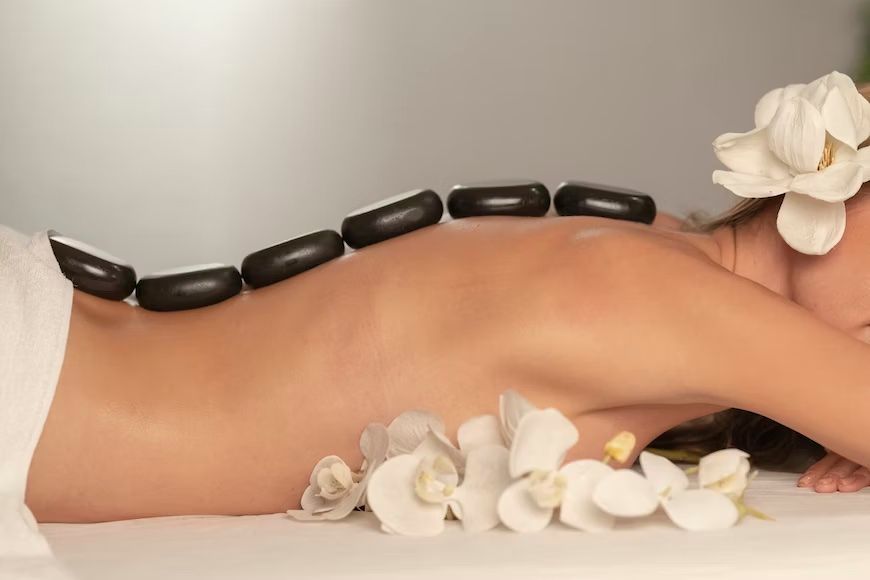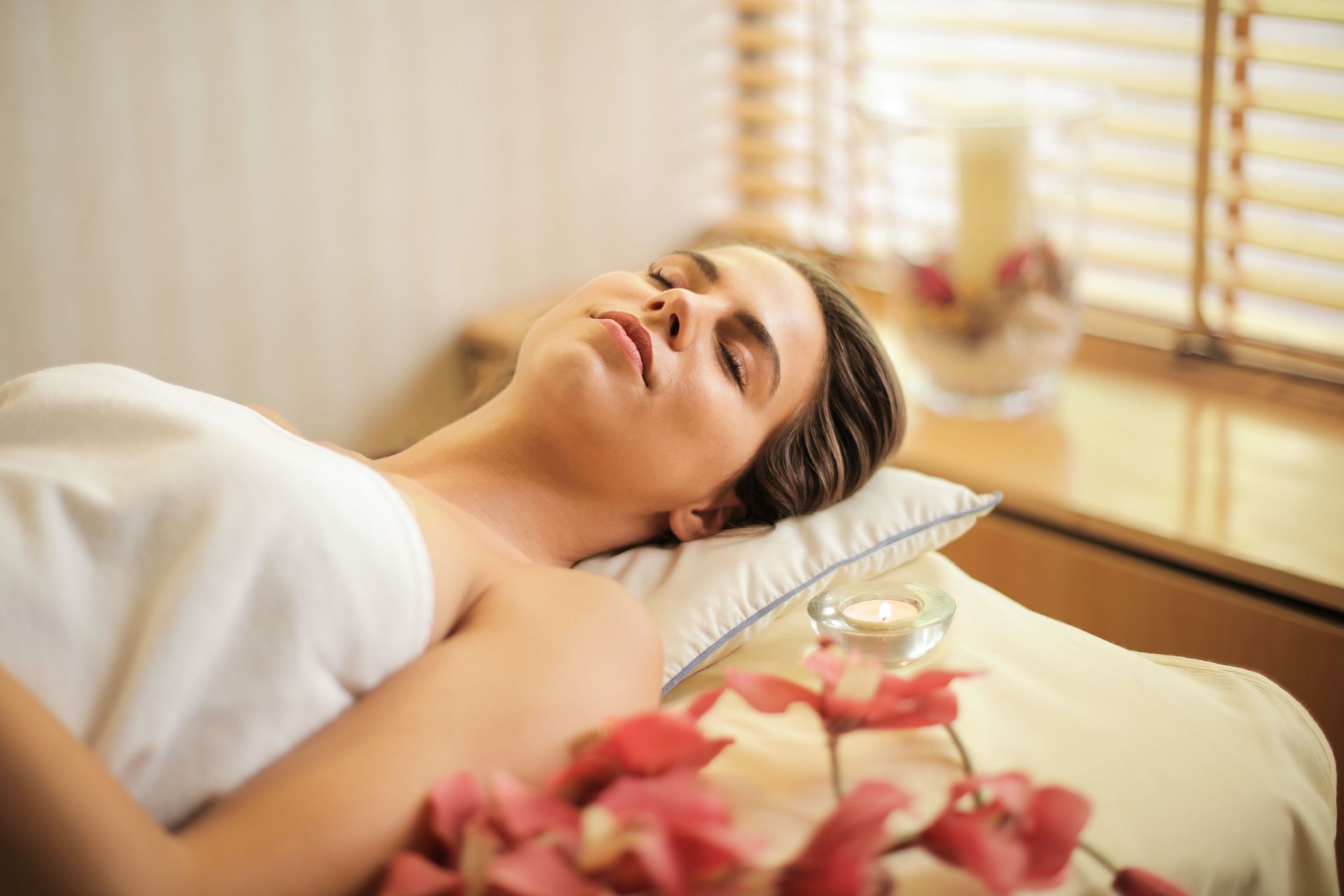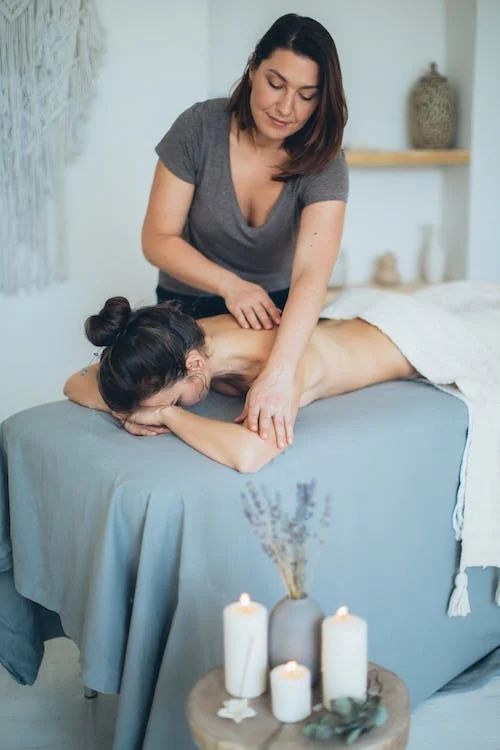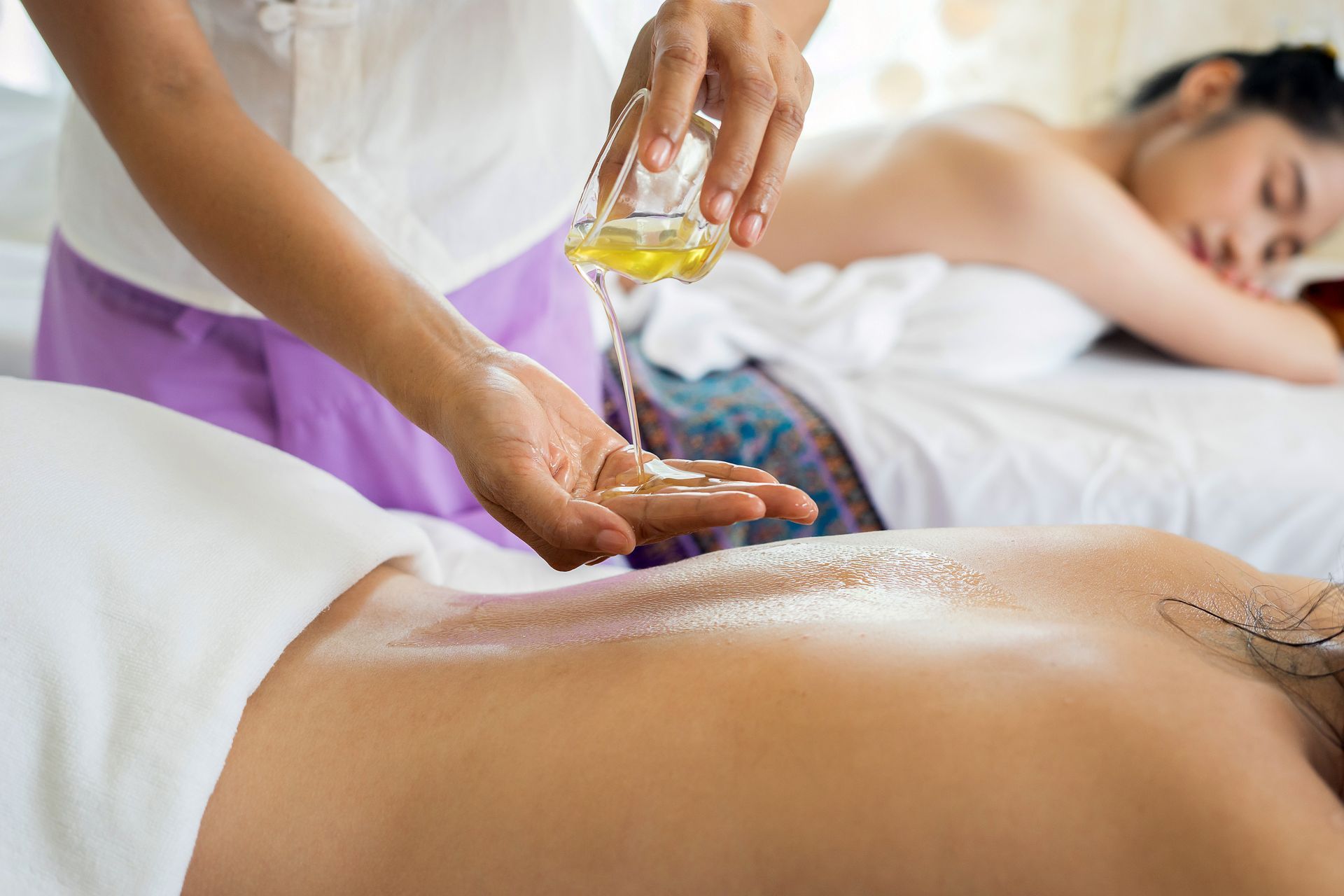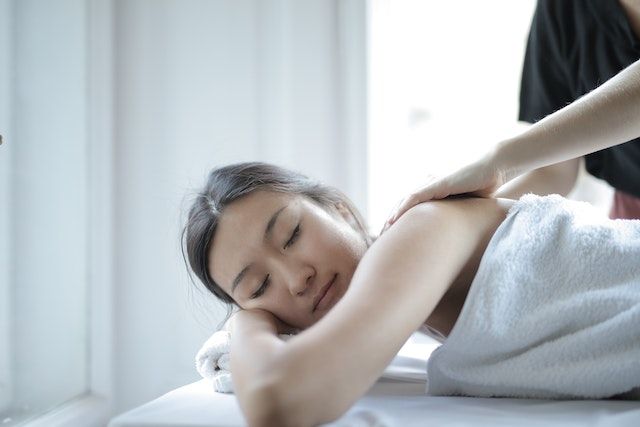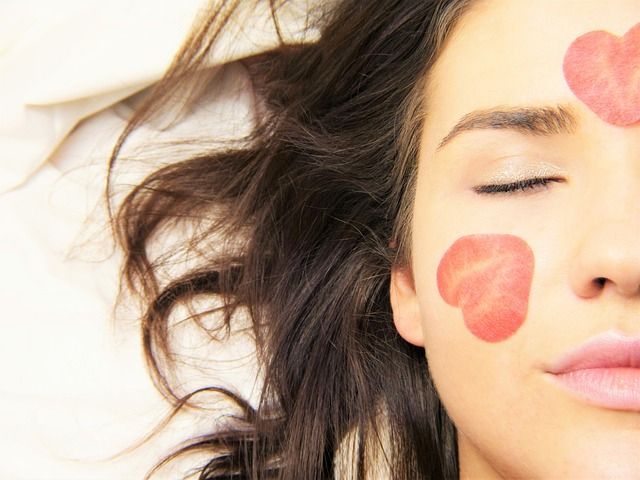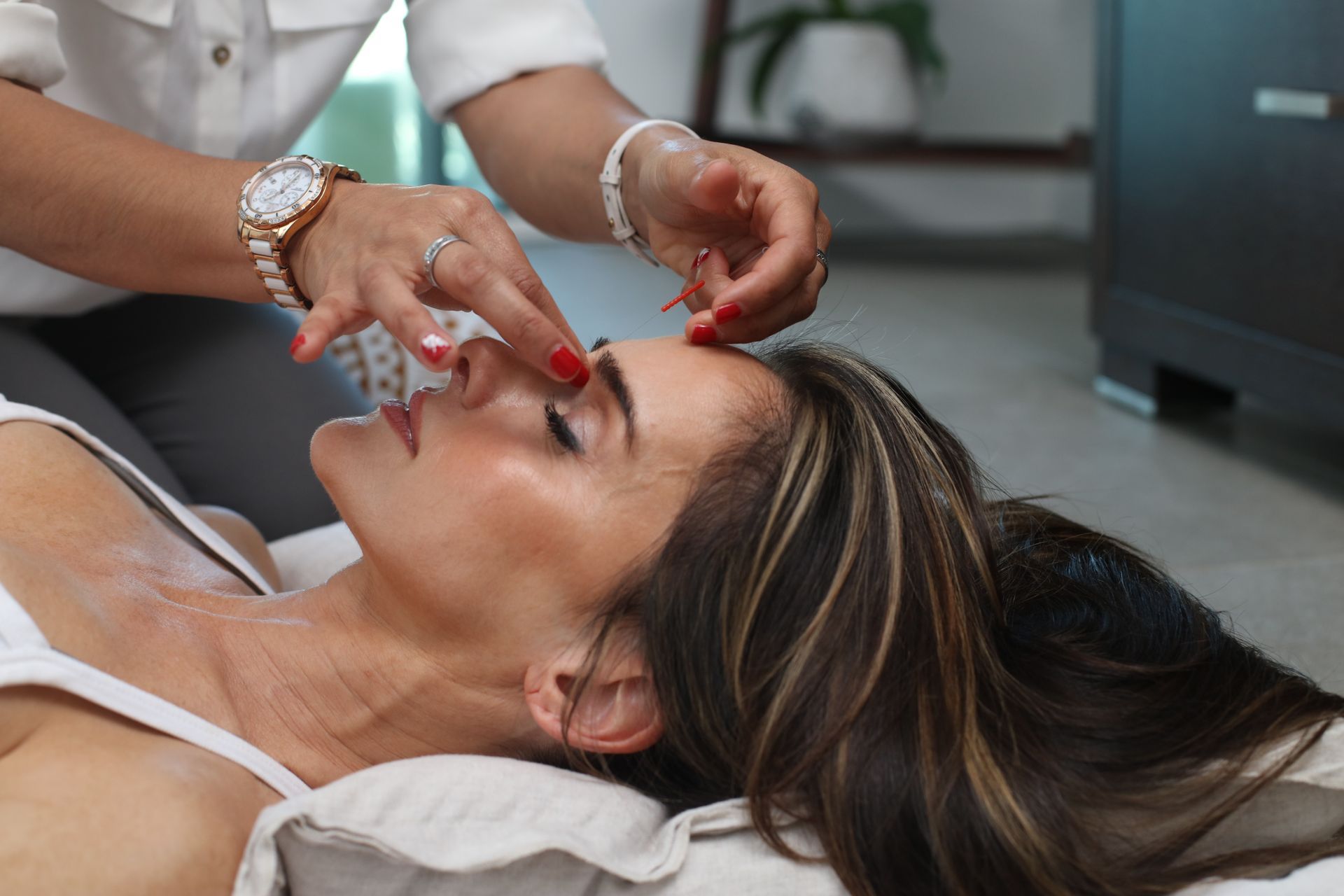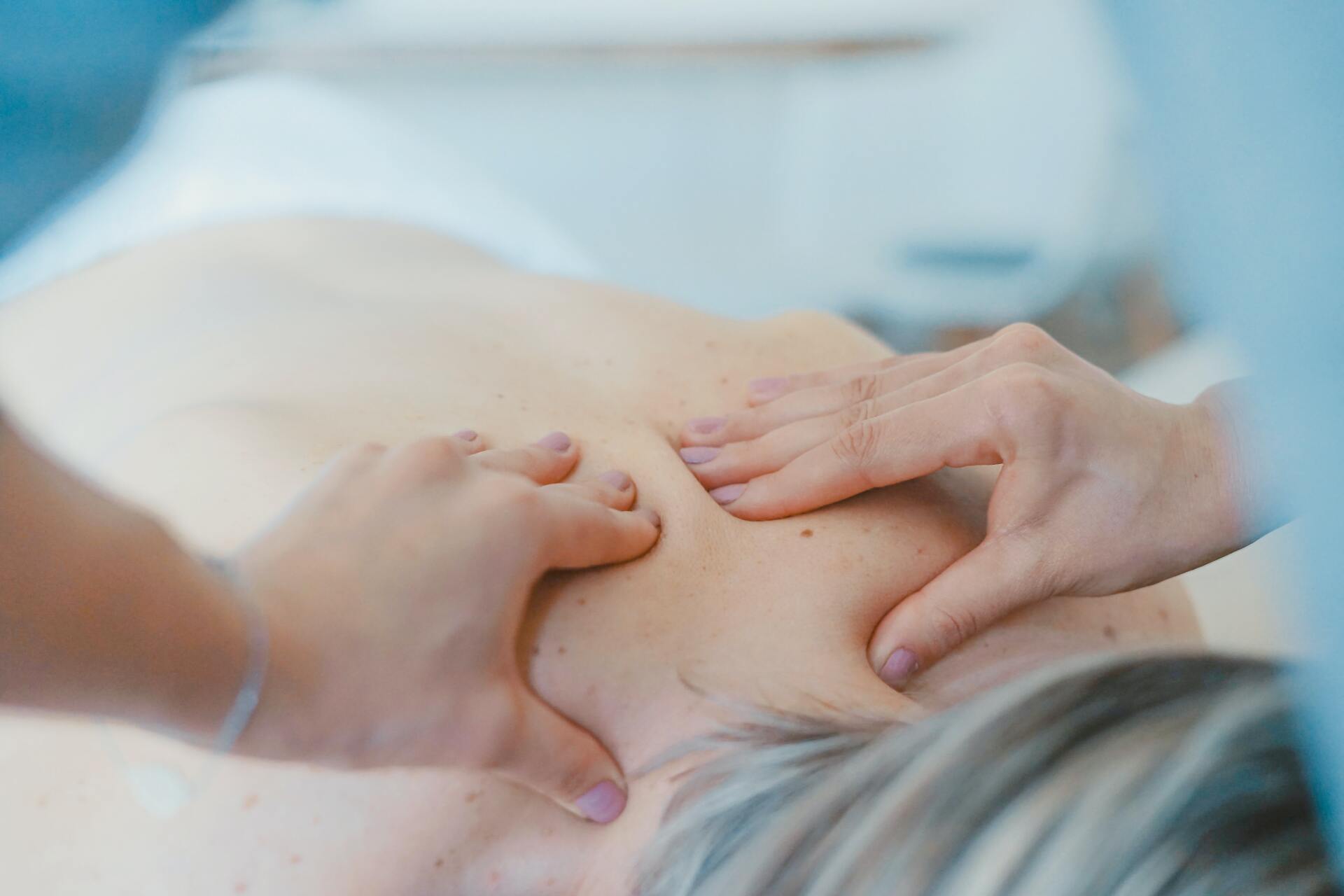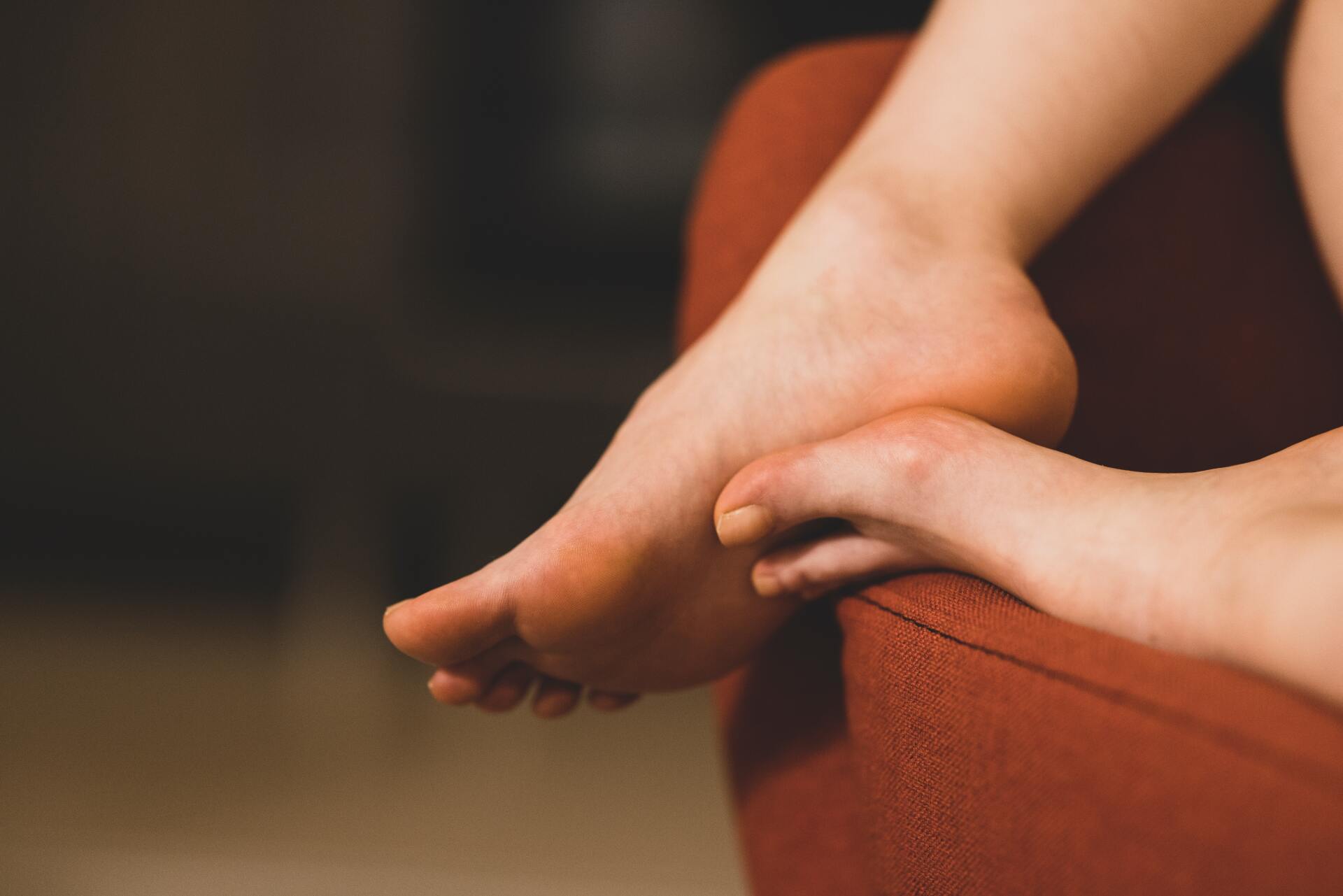Is Cupping Therapy Risky?
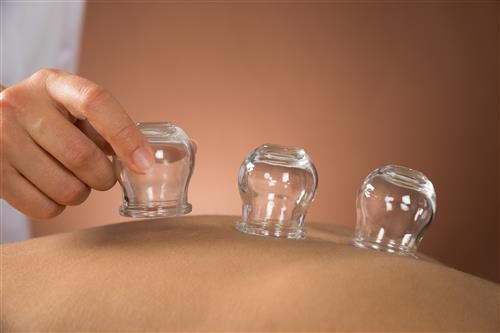
In recent months, cupping has become a trend in the U.S. In reality, cupping therapy goes back thousands of years. Meanwhile, age-old medicinal therapies, including cupping and acupuncture, are in-demand spa services Chicago and Hinsdale residents want. However, cupping is also a debatable therapy, and some argue it is a risky procedure.
What Are the Benefits of Cupping Therapy?
Cupping therapy operates on the principle of removing toxins from the body by allowing capillaries in the skin to swell and burst when the heated cup is applied. This therapy has been used in conjunction with modern medicine for athletes, celebrities and everyday citizens for improving circulation, reducing pain and inflammation and improving overall health, asserts WebMD. Furthermore, cupping can be combined with other alternative spa services, such as acupuncture or massage, to obtain even more health benefits.
Why Does Cupping Therapy Cause Bruising?
Bruising is simply an indication that the therapy has been recently performed. According to Healthline , all signs of bruising tend to disappear within 10 days. In cases of wet cupping, which involves the puncture of the skin with a needle before or after applying the cup, it may take a few days for the puncture mark to heal. As a result, the spa technician may apply an antibiotic ointment and bandage to the area after treatment. However, this is still a normal part of this service.
What Are the Health Risks Associated With Cupping Therapy?
The health risks known to be associated with cupping therapy are minimal. During or immediately following cupping therapy, a person may experience slight lightheadedness, dizziness, sweating or nausea. The skin around the cup may feel irritated, or if wet cupping is performed, there may be a slight pain at the site. As a result, the risks follow standard infection prevention. In other words, the materials used during cupping should be clean, and when an acupuncture needle or scalpel is used in wet cupping, these objects should be sanitized between each client.
People living with certain health conditions, especially disorders that impact the clotting factors in the blood, such as hemophilia, may want to avoid cupping therapy unless authorized by a physician.
While few studies have reviewed the effectiveness of cupping therapy, its minimal risks suggest it is a viable alternative for people looking for alternative ways to improve their health. Ultimately, some may feel the effects of cupping therapy outweigh these minimal risks, and in fact, Reflexion Spa only performs "dry" cupping therapy sessions. To schedule your spa services in Chicago or Hinsdale, call Reflexion Spa at 312.600.8861 (Chicago) or 630.321.1772 (Hinsdale).


